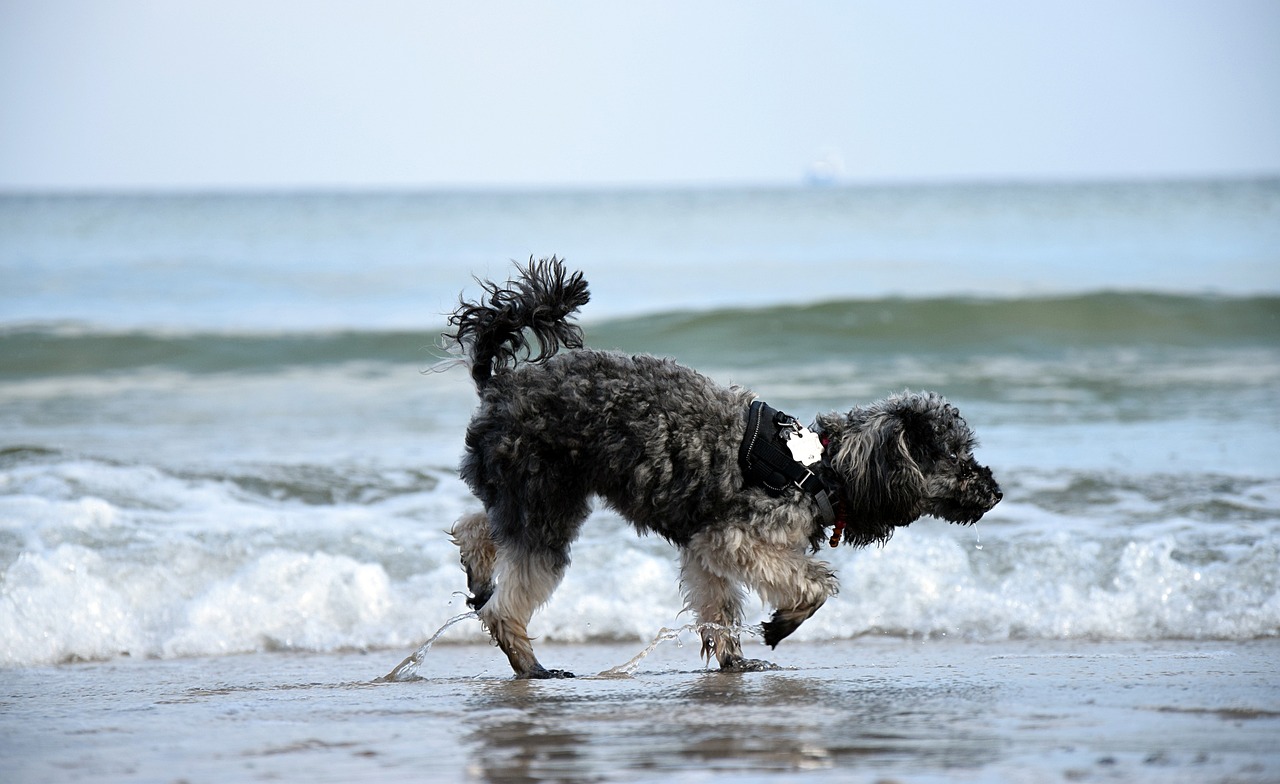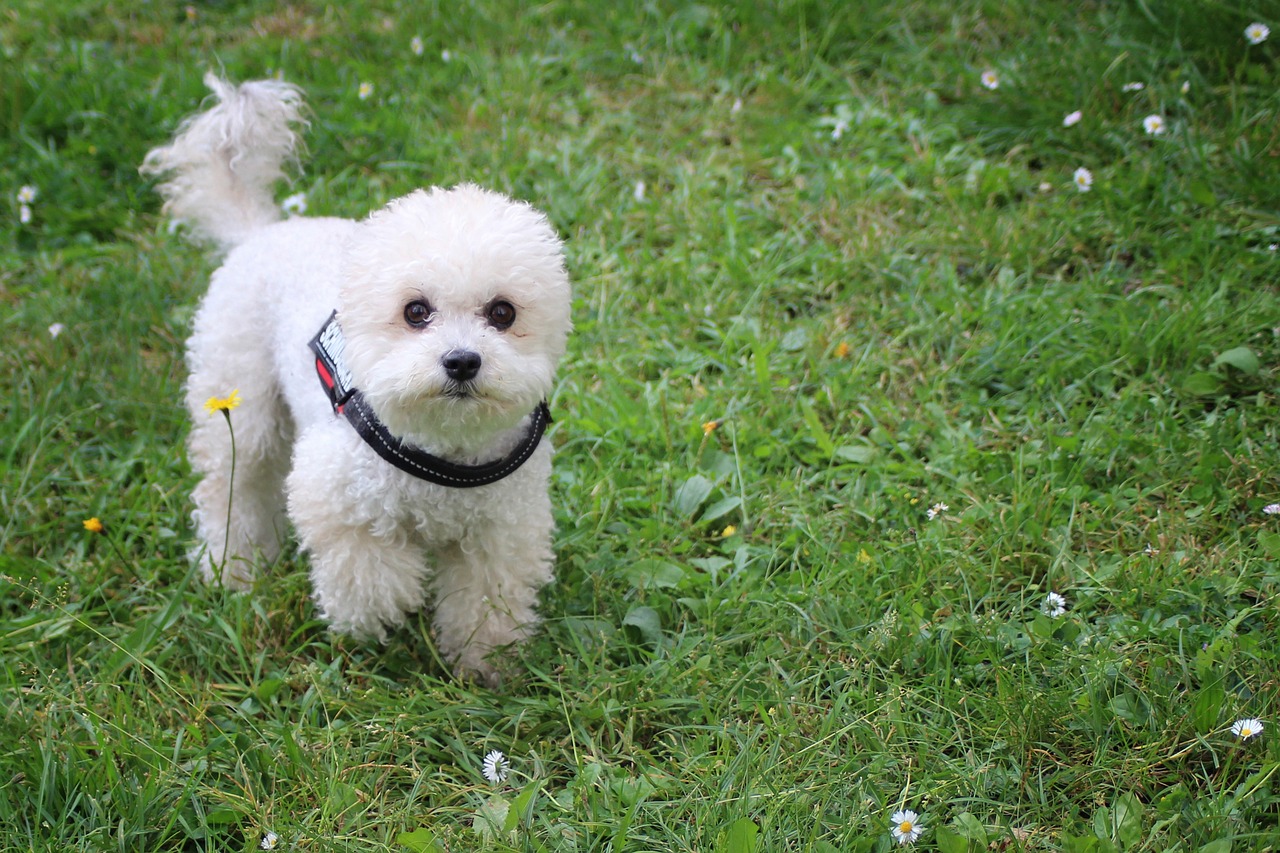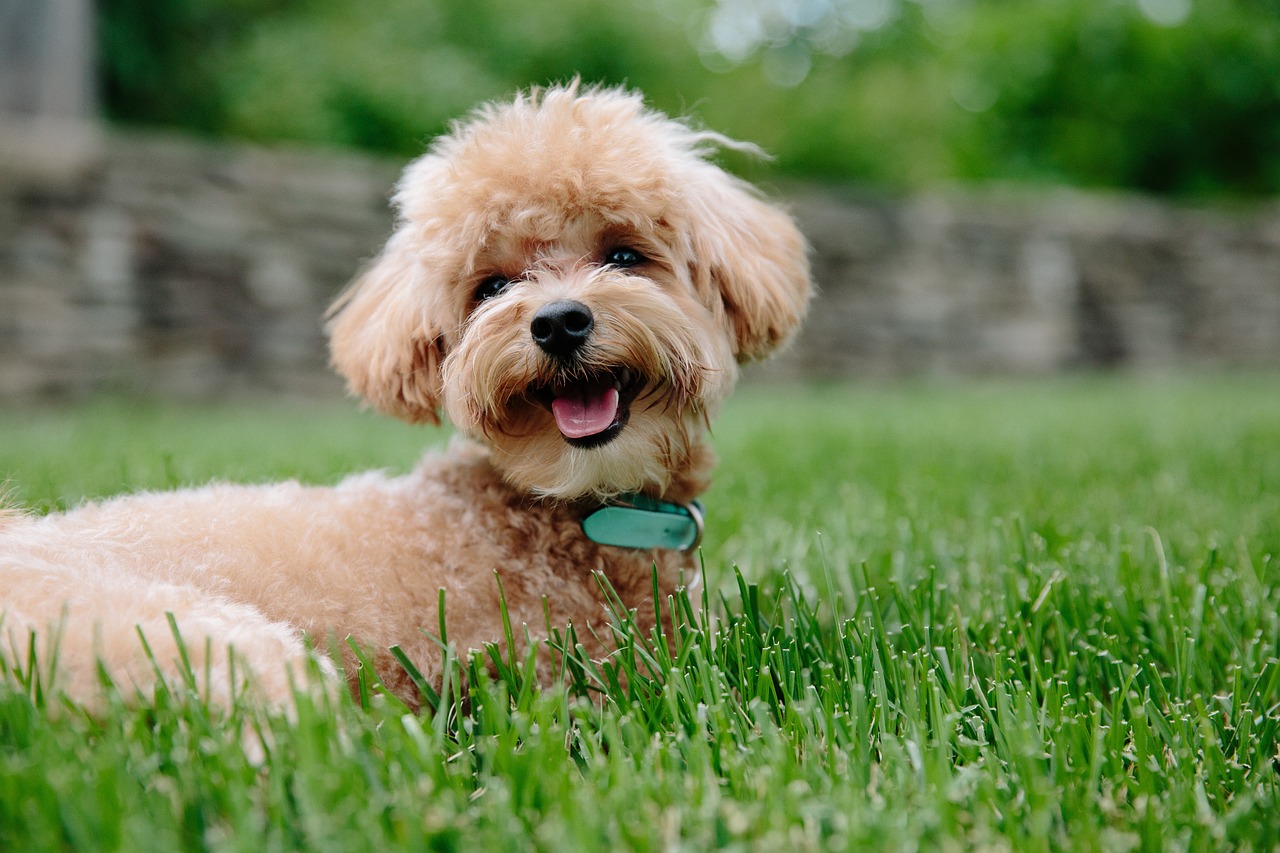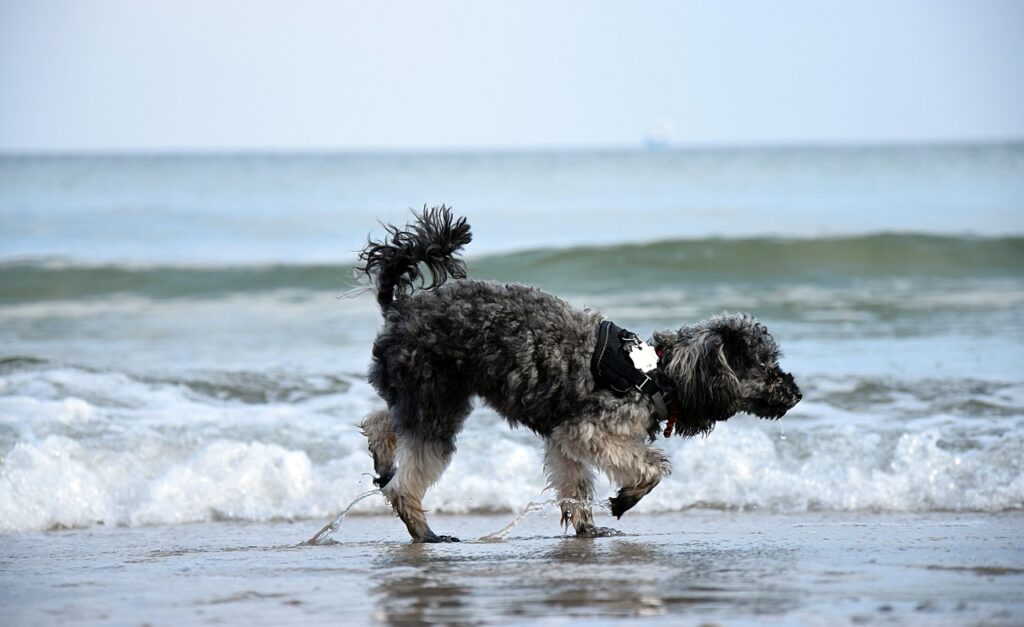Are you thinking about adding a furry companion to your household?
Look no further than the adorable and intelligent toy miniature poodle dogs! These little packages of joy are the perfect addition to any home. In this final guide, we’ll cover all you need to know about Toy Poodle dogs, from their history and character to their grooming needs and health concerns. With their curly coats and charming personalities, toy poodles have won the hearts of dog lovers around the world.
Not only are they unbelievably cute, but they are also very trainable and versatile. Whether you are looking for an affectionate personal pet, a therapy dog, or a dog sports competitor, the Toy Poodle can do it all. From their origins as water-collecting dogs to their beloved friends, we delve into the interesting history of toy poodles.

To assist you in deciding whether this breed is appropriate for your lifestyle, we’ll also examine the temperament, tendency toward shedding, and action needs of the breed. So come along for the ride while we teach you everything there is to know about these wonderful and gifted acquaintances, the Toy Poodles!
History and Origin of Miniature Poodle Dogs
Similarly, bigger dogs and toy poodle dogs are thought to be small duplicates of the Standard Poodle in Germany through breeding.
The Mutual Poodle was known for its intelligence, trainability, and impermeable coat when it was first working as a water retriever. Smaller miniature poodles may have grown for a variety of reasons, such as their human-like appeal and fittingness for living as bed-sitters.
Temperament and personality characteristics:
In general, toy poodles weigh between 10 and 15 pounds and stand between 10 and 15 inches at the shoulder. Their entire frame is square and stable, giving them an attractive look. They are hypoallergenic due to their heavy, curly, and closely non-shedding coat. There are many separate coat colors, such as black, white, apricot, and silver.
Physical Characteristics of Miniature Poodles:

Toy Poodles are known for their intellect, loving nature, and lively behavior. They are very easy to train and keen to satisfy, making them excellent friends for both families and people. Miniature poodle dogs are also known for their playful behavior and often retain puppy-like energy into adulthood. They can be reserved around strangers, but are usually friendly and adaptable when properly socialized.
Miniature Poodle Grooming and Care:
Regular grooming is required to keep the outer skin of the toy poodle from matting. For easy grooming, some poodle owners choose to keep their miniature poodle dogs short and collected.
It’s essential to give his coat a regular 4-6-week bath, reduce, and brush to keep it healthy and controllable. Even personal hygiene tasks like tooth brushing, ear scrubbing, and nail trimming should also be included in your timetable.
Training and Socialization for Miniature Poodle Dogs:
Toy Poodles are great at obeying and thrive on psychological stimulation. This breed responds best to hopeful techniques since they are delicate to their owners’ encouragement and respect.

It is vital to educate them early on to make sure they develop into well-adjusted adults. From an early age, engaging kids with many different kinds of people, animals, and environments can help them avoid shyness or fear.
Health Concerns and Common Diseases:
Like other dog breeds, the Toy Miniature Poodle Dog is typically healthy, nevertheless, they are sensitive to some acquired diseases. Hip dysplasia, patellar luxation, retinal wasting with progression (PRA), and particular skin conditions are among the most prevalent health issues.
Breeders who practice accountability check their breeding animals for these infections and reduce the chance of transmission to their progeny. Nutritious meals, adequate exercise, and routine veterinarian examinations can all contribute to the overall happiness and vigor of toy miniature poodle dogs.
Miniature Poodle Dog Diet and Nutrition:

Toy poodle dogs need appropriate food to stay glowing and live long lives. It is optional to feed your pet premium and select dog food that is right for its size, age, and undertaking level. To prevent obesity, which may deteriorate some health issues, proprietors must keep an eye on their dog’s heaviness and control their dog’s diet accordingly.
Miniature Poodle Dog Exercise and Activity Needs:
Toy Poodle dogs, however small in size, are active miniature Poodle dogs that require essential daily workouts to preserve a healthy state of attention and body. Playtime, interactive toys, and a steady way of walking are crucial for sustaining their need for exercise. They also take pleasure in swimming, loyalty rivalries, and agility at work. Having places to release the energy you have prevents you from being bored and acting harmfully.
Conclusion:
Are miniature poodle dogs the right companion for you?
For people and families looking for an extremely intelligent, loving, and capable exercise Miniature poodle dogs and toy poodles make delightful friends. They are ideal for living in bed-sitters or homes with allergy sufferers due to their petite size and hypoallergenic fur. But recurrent consideration and exercise are necessary to flourish.
For this reason, buyers in the future should be ready to bestow time and energy on their upkeep. With the right supervision, socializing, and veterinarian focus, toy poodles can be affectionate and loyal partners for many years.


Какие отзывы о биоревитализации? Отзывы обычно положительные, пациенты отмечают заметное улучшение состояния кожи и её увлажненность
цена биорепарации [url=https://biorevitalizacia.com]https://biorevitalizacia.com[/url] .
Как сделать ваш автомобиль сияющим: детейлинг в столице.
Детейлинг автомобиля в Москве [url=https://www.detailing-uslugi.ru]https://www.detailing-uslugi.ru[/url] .
Наша мастерская предлагает профессиональный центр ремонта компьютера на выезде любых брендов и моделей. Мы осознаем, насколько важны для вас ваши персональные компьютеры, и обеспечиваем ремонт первоклассного уровня. Наши опытные мастера оперативно и тщательно выполняют работу, используя только оригинальные запчасти, что гарантирует долговечность и надежность выполненных работ.
Наиболее частые неисправности, с которыми сталкиваются владельцы компьютеров, включают проблемы с жестким диском, неисправности видеокарты, ошибки ПО, неисправности разъемов и перегрев. Для устранения этих неисправностей наши профессиональные техники проводят ремонт жестких дисков, видеокарт, ПО, разъемов и систем охлаждения. Доверив ремонт нам, вы получаете надежный и долговечный мастерская по ремонту компьютеров на дому.
Подробная информация доступна на сайте: https://remont-kompyuterov-vip.ru
Наш сервисный центр предлагает высококачественный мастер по ремонту кондиционеров на выезде любых брендов и моделей. Мы понимаем, насколько значимы для вас ваши сплит-системы, и обеспечиваем ремонт наилучшего качества. Наши профессиональные техники оперативно и тщательно выполняют работу, используя только оригинальные запчасти, что обеспечивает долговечность и надежность наших услуг.
Наиболее частые неисправности, с которыми сталкиваются обладатели охладительных систем, включают неисправности компрессора, проблемы с вентилятором, ошибки ПО, неисправности датчиков и повреждения корпуса. Для устранения этих поломок наши профессиональные техники проводят ремонт компрессоров, вентиляторов, ПО, датчиков и механических компонентов. Доверив ремонт нам, вы получаете качественный и надежный центр ремонта кондиционера на выезде.
Подробная информация представлена на нашем сайте: https://remont-kondicionerov-wow.ru
Здесь можно сейф для оружия ружьяоружейный сейф интернет магазин
Наши специалисты предлагает надежный мастер по ремонту стиральных машин на выезде всех типов и брендов. Мы осознаем, насколько необходимы вам ваши стиральные машины, и стремимся предоставить услуги высочайшего уровня. Наши профессиональные техники работают быстро и аккуратно, используя только оригинальные запчасти, что предоставляет надежность и долговечность выполненных работ.
Наиболее общие проблемы, с которыми сталкиваются владельцы стиральных машин, включают неработающий барабан, неработающий нагревательный элемент, программные сбои, неисправности насоса и механические повреждения. Для устранения этих поломок наши опытные мастера оказывают ремонт барабанов, нагревательных элементов, ПО, насосов и механических компонентов. Обращаясь в наш сервисный центр, вы получаете надежный и долговечный вызвать мастера по ремонту стиральных машин адреса.
Подробная информация представлена на нашем сайте: https://remont-stiralnyh-mashin-ace.ru
Предлагаем услуги профессиональных инженеров офицальной мастерской.
Еслли вы искали ремонт ноутбуков lenovo адреса, можете посмотреть на сайте: ремонт ноутбуков lenovo
Наши мастера оперативно устранят неисправности вашего устройства в сервисе или с выездом на дом!